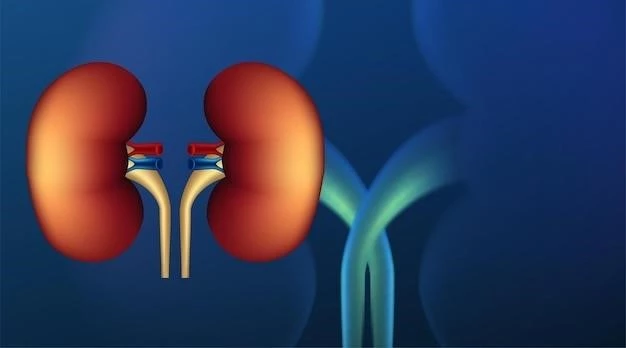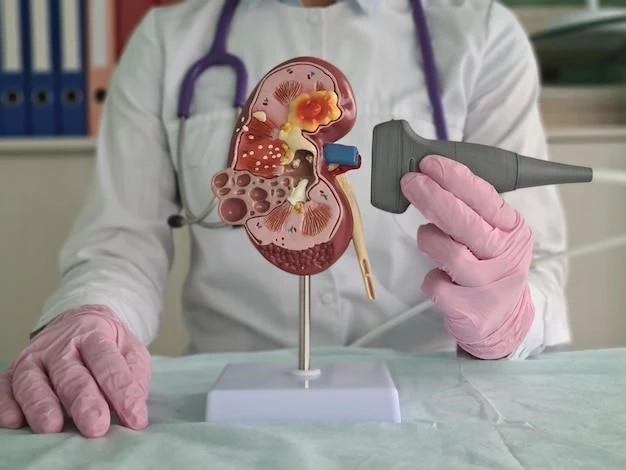Introduction
Congenital anomalies of kidney and urinary tract (CAKUT) can have a significant impact on individuals’ health and require careful monitoring and management.
Congenital Anomalies of Kidney and Urinary Tract (CAKUT)
Congenital anomalies of kidney and urinary tract (CAKUT) can have a significant impact on individuals’ health and require careful monitoring and management. These anomalies can involve malformations in the kidneys and urinary tract, often detected prenatally, affecting 1 in 500 pregnancies. Proper diagnosis and treatment are crucial due to the potential long-term implications on kidney function.
Thyroid, Renal, and Digital Anomalies Syndrome
Understanding the rare syndrome characterized by a combination of multinodular goiter, cystic renal disease, and digital anomalies is crucial for proper diagnosis and management.
Congenital Anomalies of Kidney and Urinary Tract (CAKUT)
Congenital anomalies of kidney and urinary tract can have a significant impact on individuals’ health, affecting 1 in 500 pregnancies and requiring careful monitoring and management. These anomalies encompass a range of malformations in the kidneys and urinary tract, often detected prenatally, underscoring the importance of timely diagnosis and intervention to mitigate potential long-term implications on kidney function.
Relationship Between Thyroid Dysfunction and Kidney Disease
Understanding the bidirectional relationship between thyroid dysfunction and kidney disease is crucial for comprehensive management and successful outcomes in patients dealing with these conditions.
Bi-Directional Relationship
Understanding the complex interplay between thyroid dysfunction and kidney disease is essential for effective management and treatment strategies. This bidirectional relationship underscores the importance of comprehensive care for individuals with these overlapping conditions.
Management of Thyroid Functional Disorders in Chronic Kidney Disease Patients
Proper clinical management and considerations are crucial for individuals navigating thyroid functional disorders alongside chronic kidney disease to ensure optimal care and health outcomes.
Clinical Management and Considerations
Effective clinical management of thyroid functional disorders in chronic kidney disease patients requires a comprehensive approach that addresses the unique considerations and complexities associated with managing these dual health conditions. It is crucial to tailor treatment strategies to each individual’s specific needs while closely monitoring their thyroid and renal function to ensure optimal outcomes.

Research on Multinodular Goiter-Cystic Kidney-Polydactyly Syndrome
Exploring the rare syndrome characterized by a combination of multinodular goiter, cystic renal disease, and digital anomalies through ongoing research is crucial for enhancing understanding and advancing management approaches.
Evidence and Studies
Ongoing research and evidence on multinodular goiter-cystic kidney-polydactyly syndrome provide valuable insights into this rare condition characterized by a unique combination of thyroid, renal, and digital anomalies. Studies aim to enhance understanding, diagnosis, and treatment strategies, shedding light on the interplay of these anomalies to guide effective clinical management.

Endocrine Factors Influencing Renal Health
Understanding how various hormones impact kidney function is crucial for maintaining optimal renal health. Hormonal balance plays a key role in overall kidney function and well-being.
Role of Hormones in Kidney Function
Hormones play a significant role in kidney function, and understanding the impact of various hormones is crucial for maintaining optimal renal health. The interplay between endocrine factors and kidney function underscores the importance of hormonal balance for overall well-being.
